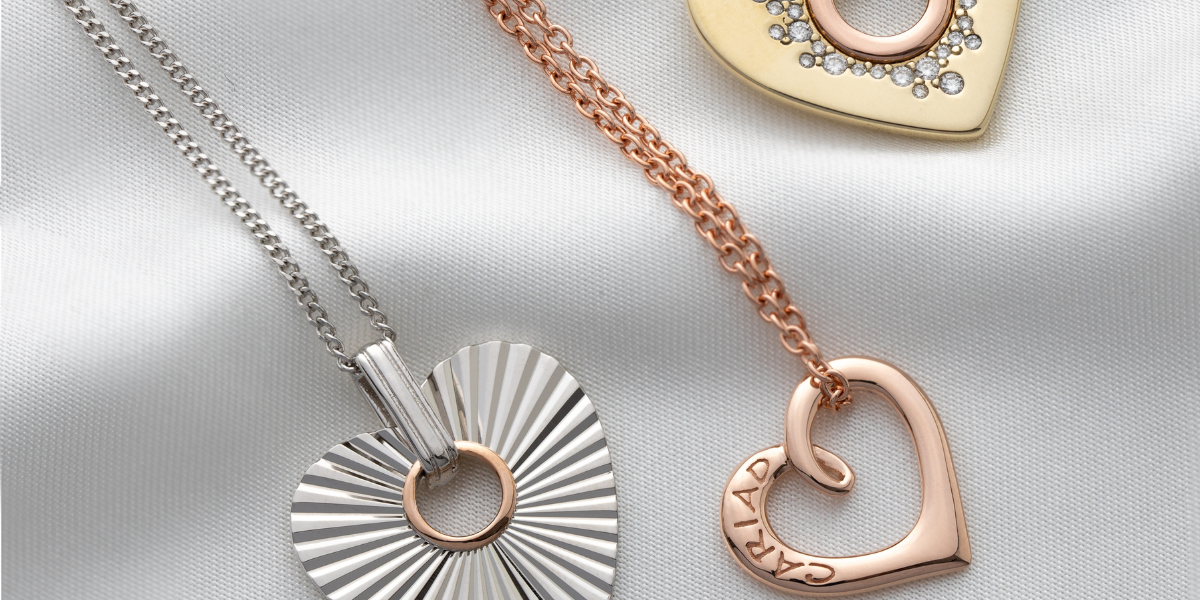For many years, Ramadhan in the Middle East and the wider Arab world has been known for the bustling nightlife, especially with shoppers visiting the traditional souqs. These traditions have been continuing for ages despite the flourish of commercial malls and hypermarkets that offer thousands of prizes worth thousands of riyals to entice shoppers to buy anything from household appliances to daily groceries, necessary or not. The last two years of Ramadhan were spent in lockdowns that restricted traditional shopping, but it also showed the emergence of e-commerce or online shopping. While traditional shopping is back in Oman with a vengeance, e-commerce has come to stay. According to some estimates, consumers in the Middle East are expected to spend over $5 billion on online purchases, which include travel tickets and hotel bookings. As per the trends, the popular social media platforms in the Sultanate of Oman are Instagram, TikTok, Facebook, YouTube, and even Amazon. According to industry experts, companies that can manage to supply and deliver products in a quick time will have an advantage over the others.
Speaking to the Observer, a trader at Muttrah Souq, said, “Businesses have been encouraging this year and we are witnessing some rush in the evenings. It is not the same as it was ten years ago, but the trend is impressive as we are just recovering from the pandemic with caution.” He added, “We do face competition from malls, hypermarkets and online platforms, but there are some traditional kinds of stuff like spices, clothes and tailors that are found only in such traditional souqs.” Online platforms may not give the personal touch as the in-person interaction in stores, but they do offer the convenience of comparing the prices and reviews of various products without hesitation. “In stores and souqs, it is difficult to say ‘No’ to the merchant especially if you have been visiting them for years or know them personally. But in online shopping there is no need for hesitancy as one can abandon the shopping process or even cancel the process anytime,” said Mustafa al Balushi, a customer.
There was this fear that food commodities will be costlier due to rising costs of imports following the war in Ukraine and oil prices. But with the authorities in Oman ensuring that food prices are kept under check, shoppers are keen to make up for the slackness of the last two years. “Online shopping has been widely accepted by some young buyers but as retailers, we make changes as per emerging trends,” said a senior official of a multi-brand retail group in the Sultanate of Oman. While e-commerce sales continue to show steady growth, they too face challenges from traditional stores and souqs that try to keep up the pace.
@vinot_nair








